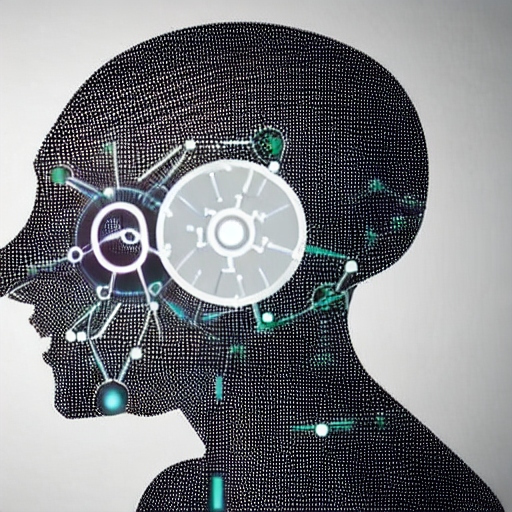It may sound like an odd Turing test trying to determining whether the recruiter you’re speaking with about a possible employment position is a real person or a robot. According to a recent survey, however, 43% of businesses would utilize AI to conduct employment interviews by 2024, with some already doing so.
You probably already know that ChatGPT and other AI chatbots have the ability to easily produce content for resumes and cover letters if you are familiar with their capabilities. Users can even ask follow-up questions to alter or customize the findings to suit their needs after entering straightforward instructions, which regularly produce high-quality answers in a matter of seconds.
This was confirmed by a poll done by Resume Builder, which noted that 46% of job searchers said they used ChatGPT to write their resumes and cover letters. A higher response from companies as well as an interview were reported by 78% of those who used ChatGPT-created job application materials.
According to Stacie Haller, Chief Career Advisor at Resume Builder, corporate recruiters are not often dissatisfied with this choice. According to her, hiring managers are so accustomed to seeing these records that they probably know when ChatGPT has written a cover letter or resume.
According to Haller, job seekers who utilize ChatGPT for their cover letters and resumes are no different from those who use publicly available templates and online tools, go to a resume-writing service, or do both.
The fact that some hiring managers appear to be embracing this practice as well as accepting it seems to provide fresh difficulties for job searchers.
By 2024, experts predict that 40% of corporate recruiters will conduct job interviews using AI, with 15% depending entirely on AI for all recruiting decisions.
From one organization to the next, AI use will seem different. Text questions or video interactions that are later evaluated by a firm employee or examined by an AI system can be used in AI-assisted interviews. After being educated on a database of qualities, AIs are also capable of evaluating a group of candidates and selecting the best one.
AI-led interviews might feel austere and mechanized, making it impossible for applicants to detect facial clues for feedback, which can be difficult for job seekers. Experts advise applicants who interview with an AI conversational bot, whether by text or video, to assume they’re speaking to a human and to practice extensively beforehand.








